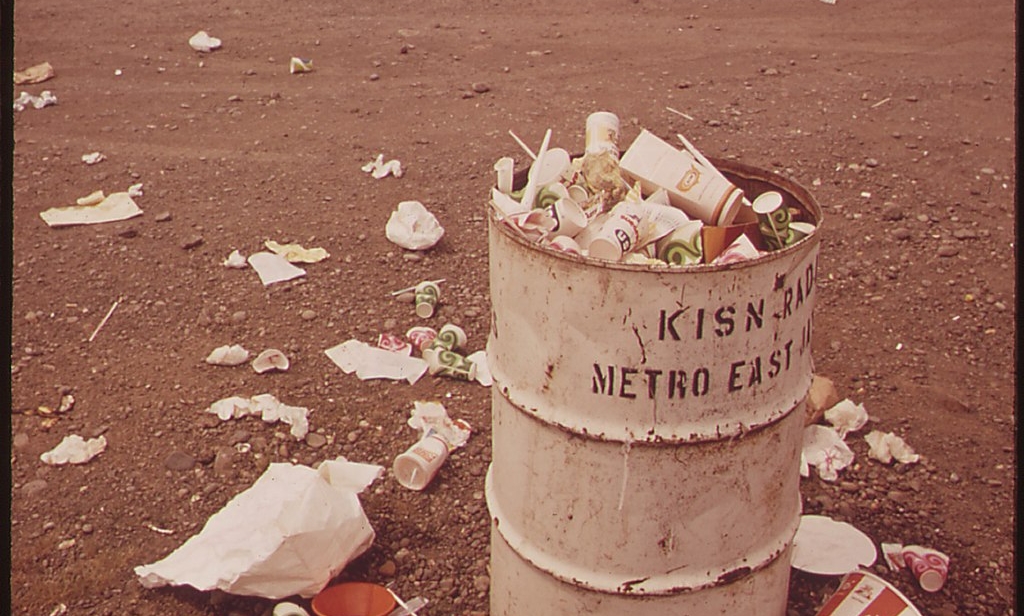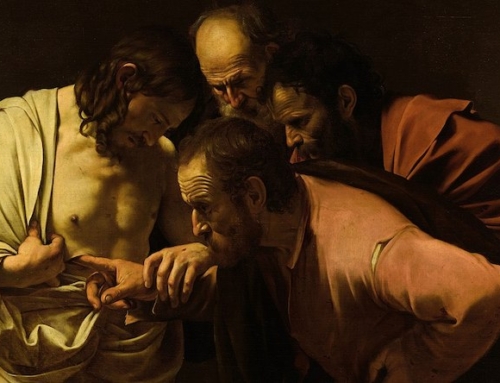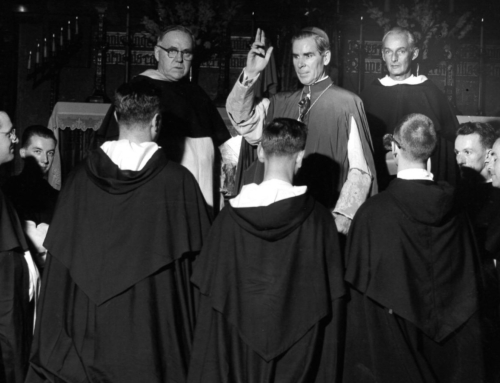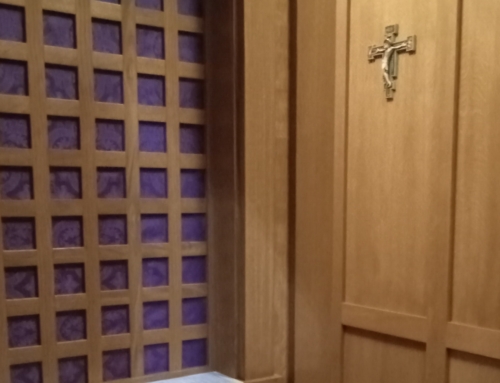Recently, NBC News launched Climate Confessions, an online platform where readers can anonymously submit their “sins” against the environment. In order to stimulate discussion, NBC asks the following questions of the reader: “Do you blast the A/C? Throw out half your lunch? Grill a steak every week?” The readers can then anonymously share their shortcomings for all to see. Presumably, the creators thought that such a discussion could spur greater reflection on how we can all personally decrease our environmental impact.
Pope Francis wrote in his encyclical Laudato Si’ (2015) about the need to care for our common home and especially for the poor who are most vulnerable to its degradation. But I will not discuss here how we might best respond to the Holy Father’s guidance. Rather, I want to focus on the way that various respondents approached NBC’s “Climate Confessions.” Let’s consider the first three that showed up on my screen when I opened the page.
The first confession I read was admirably direct: “I still eat red meat. I have been trying to like beans for ten years.” This penitent acknowledges his failure and the human weakness that lies behind it. For ten long years he has struggled mightily in his war against the flesh. To this contrite carnivore I say: Stay strong, my brother (or sister, as the anonymous case may be)! We have all bean there.
The next penitent was more concerned with rooting out the deeper sources of the problem. He or she laments, “[A popular online shopping service] delivers one order of multiple items in separate packages instead of one. It means more paper, plastic and gas.” I hope the executives of that online shopping service read NBC news so that they can put a stop to this prodigality of paper, plastic, and petroleum!
The third penitent was my favorite. He or she excitedly declares, “I use REUSABLE plastic bags to offset deforestation.” This anonymous altruist has capitalized on a chance to share some wisdom with the wider world.
No small amount of thought was put into these confessions. The attentive reader browsing through NBC’s offering of petty vice may be impressed with the quality of the submissions. The spelling is sensible and the punctuation pristine, though with occasional forays into incoherence. There is evidence of more effort than we might find in the ramblings of an ordinary comments section. Yet of the three submissions I have described, only the first is really a confession. The second blames somebody else and the third is a declaration of virtue.
But this phenomenon of blame-avoidance is not limited to the submissions that I have described above. Probably much less than a third of all the entries that I looked through admit of personal failings. Most are subtle praises of self, or complaints about faceless organizations, or an occasional brazen denial of the value of these endeavors in the first place. Many start out with what looks like a real confession of guilt, and then conclude by exonerating themselves and blaming circumstances. I cannot help but think, as I file through the submissions, that mankind has lost the ability to take personal responsibility.
It is an unhappy business that so many people are so thoroughly confused by the idea of making a confession of guilt. How can we truly be wise if we cannot make ourselves see the less flattering side of ourselves? Such blame-avoidance prevents us from remedying our own faults. It also prevents us from understanding the failures of others. Ultimately, it isolates us in our sin. Sometimes, the truth about ourselves is cold and hard. If we want to live in the light of truth, we must be able to face that darker side of ourselves.
This confrontation with self happens par excellence in the sacrament of confession, when we admit to God our failings and trust in his passion and death to make good our shortcomings. Not only do we need to admit, again and again, our own sins, but we commend our sorry state to God who alone can heal us. Only through such a process can we make real progress. If we cannot admit to our failings, we will never be able to see them well enough to eradicate them. No amount of reusable plastic can substitute for true repentance.
✠
Photo by David Falconer







